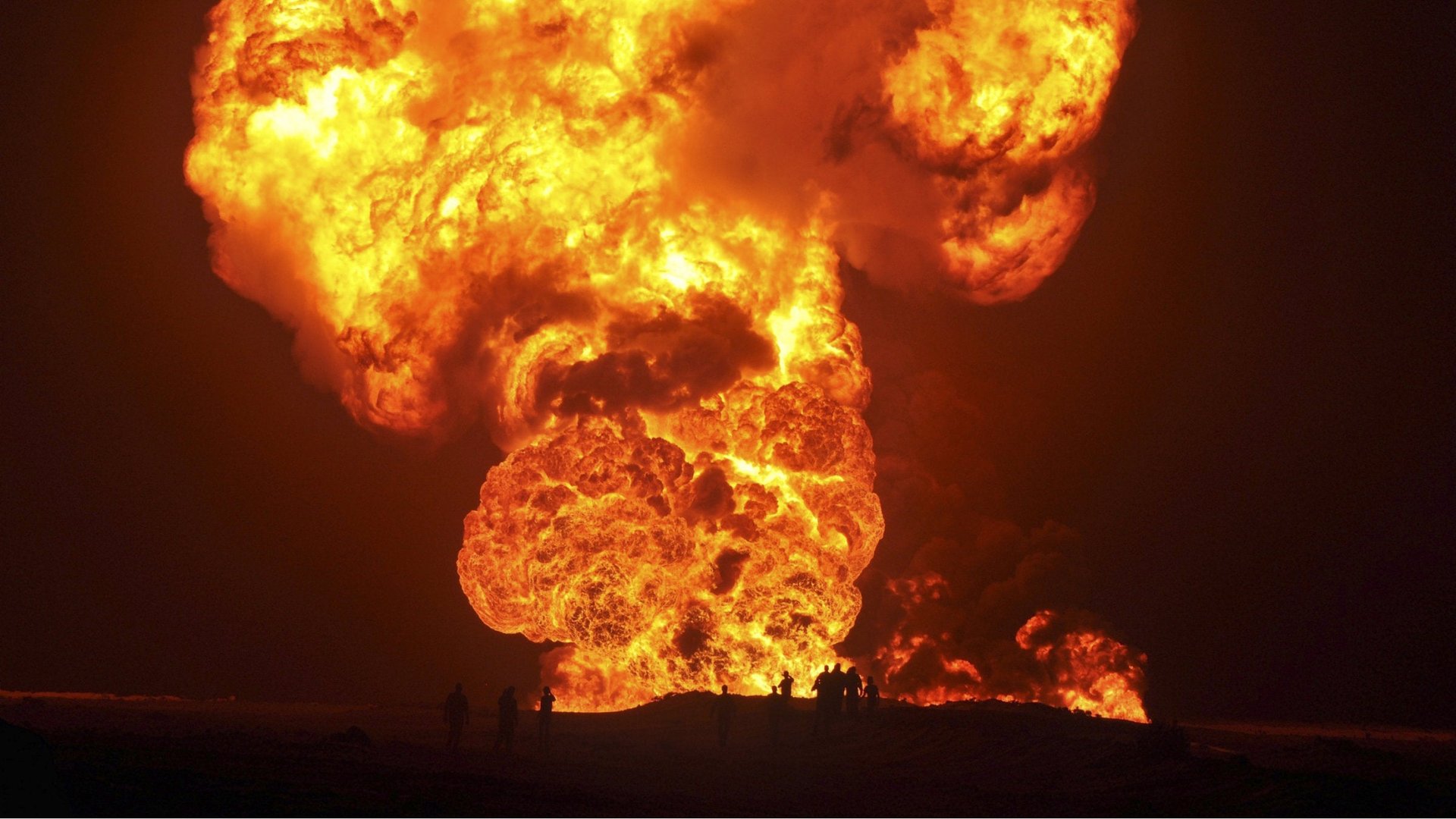Syria is roiling oil markets, but the real story is the chaos in Libya and Nigeria
Traders are bidding up the price of oil hoping for a big return should the usual course of conflict-related events unfold: a spike in anticipation of war, in this case in Syria, followed by a plunge once the bombing starts and the market accepts that there will not be Armageddon. Meanwhile, the more concrete risk to global oil supply is elsewhere.


Traders are bidding up the price of oil hoping for a big return should the usual course of conflict-related events unfold: a spike in anticipation of war, in this case in Syria, followed by a plunge once the bombing starts and the market accepts that there will not be Armageddon. Meanwhile, the more concrete risk to global oil supply is elsewhere.
When hostilities are threatened in oil-producing areas, especially the Middle East, traders tend to pile into oil futures on the logic that global supplies could be disrupted. But typically, supplies are either not ultimately affected, they’re affected only briefly, or they are counter-balanced by added oil from Saudi Arabia. Hence, the price goes back down. In the interim, traders take their profits off the table.
The Syrian oil trade—in which investors are betting on expected US-UK-French retaliation for a suspected Aug. 21 chemical attack by Damascus—is exceptionally speculative (paywall). There are almost no repercussions for oil in the actual theater of war: To affect global oil, hostilities would have to spill into Iraq (a bombing of the Kirkuk-Ceyhan oil pipeline), the Strait of Hormuz (which channels 17 million barrels of oil a day, a fifth of the world’s oil supply) or Saudi Arabia (a roiling of local Shias).
Despite these realities, Societe Generale says an expected spike could cause oil prices to briefly hit $150 a barrel before the price falls back.
The real threat to oil prices—which has already caused a 16% price surge since April despite a reasonable global surplus of crude—comes from other geopolitical chaos in two key supplier nations: Libya and Nigeria.
In Libya, publicly unidentified gunmen yesterday closed pipelines carrying 452,000 barrels of oil a day from the nation’s largest western fields, operated by Italy’s Eni and Spain’s Repsol. The shutdown has exacerbated ongoing oil port strikes and reduced Libya’s exports to a fifth of their levels after the 2011 overthrow of Moammar el-Gadhafi. The gunmen want cash and vehicles in exchange for restoring the oil flow, said deputy oil minister Omar el-Shakmak.
Libya is now exporting between 200,000 and 300,000 barrels of oil a day, compared with 1.6 million barrels a day in the months after Gadhafi’s ouster, according to estimates.
Nigeria, meanwhile, has been roiled by a sharp escalation in oil theft. Oil production is down to 1.9 million barrels a day (paywall) from about 2.1 million barrels a day last year, a four-year low. By some estimates, the country is losing a massive 150,000 barrels of oil a day to theft carried out in connivance with officials, who allow barrels to be loaded onto tankers and shipped abroad. According to one estimate, Nigeria lost $10.9 billion in oil sales from 2009 to 2011.
The lost oil affects the global market by reducing Nigeria’s crude exports.